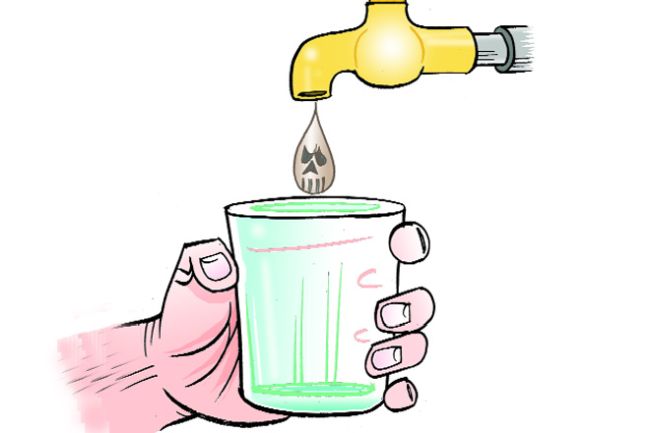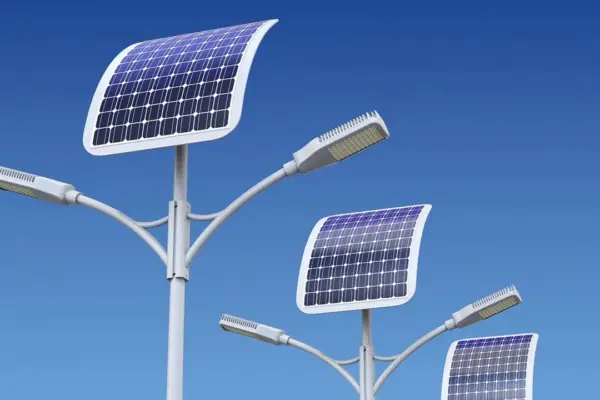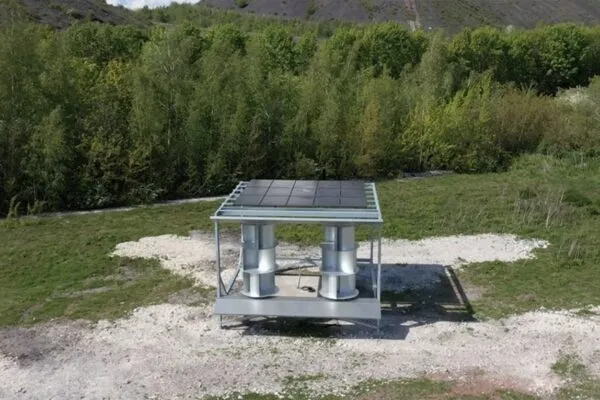Edinburgh researchers use solar energy to provide safe drinking water in rural India

Representational image courtesy Financial Express.
Swachh Bharat Mission proposes toilets for all, with a vision to make India open defecation free by 2019. Lack of toilets however is not the only issue in remote parts of the country. Shortage of electricity and scarcity of safe drinking water are other two problems that loom large.
Researchers at the University of Edinburgh in partnership with Indian Institute of Science Education & Research, Pune, want to address the problem of safe drinking water with use of solar power.
The researchers are working on a low cost, solar-powered water purification system to provide safe drinking water to almost 77 million people in remote parts of India.
In India, about 77 million people do not have access to safe drinking water. This number is way above any other country in the world. Moreover, there is no systematic sewage treatment plants in remote areas.
Government of India spends a great deal on purifying contaminated water from rivers and streams. According to the researchers, purifying sewage water in villages can be a more direct and easy way to make safe drinking water accessible to a larger population.
Using solar power for water treatment is a low cost solution, as it works by capturing heat and energy from the sun to purify water and make it healthier for human consumption. Solar energy is particularly beneficial for water treatment in villages of rural India, since they lack water purification infrastructure, and do not have electricity to run such systems (even if they were in place).
Researchers are giving this water purification system a streamlined approach using state-of-the-art Solar Water Disinfection technology. The process of making contaminated water safe for drinking will involve filtering visible traces of waste from water and then breaking down remaining microscopic organic matter and bacteria using solar energy.
The unique solar-powered system created at the University of Edinburgh uses sunlight to “generate high-energy particles inside solar-powered materials, which activate oxygen in water and incinerate harmful bacteria and pollutants.”


